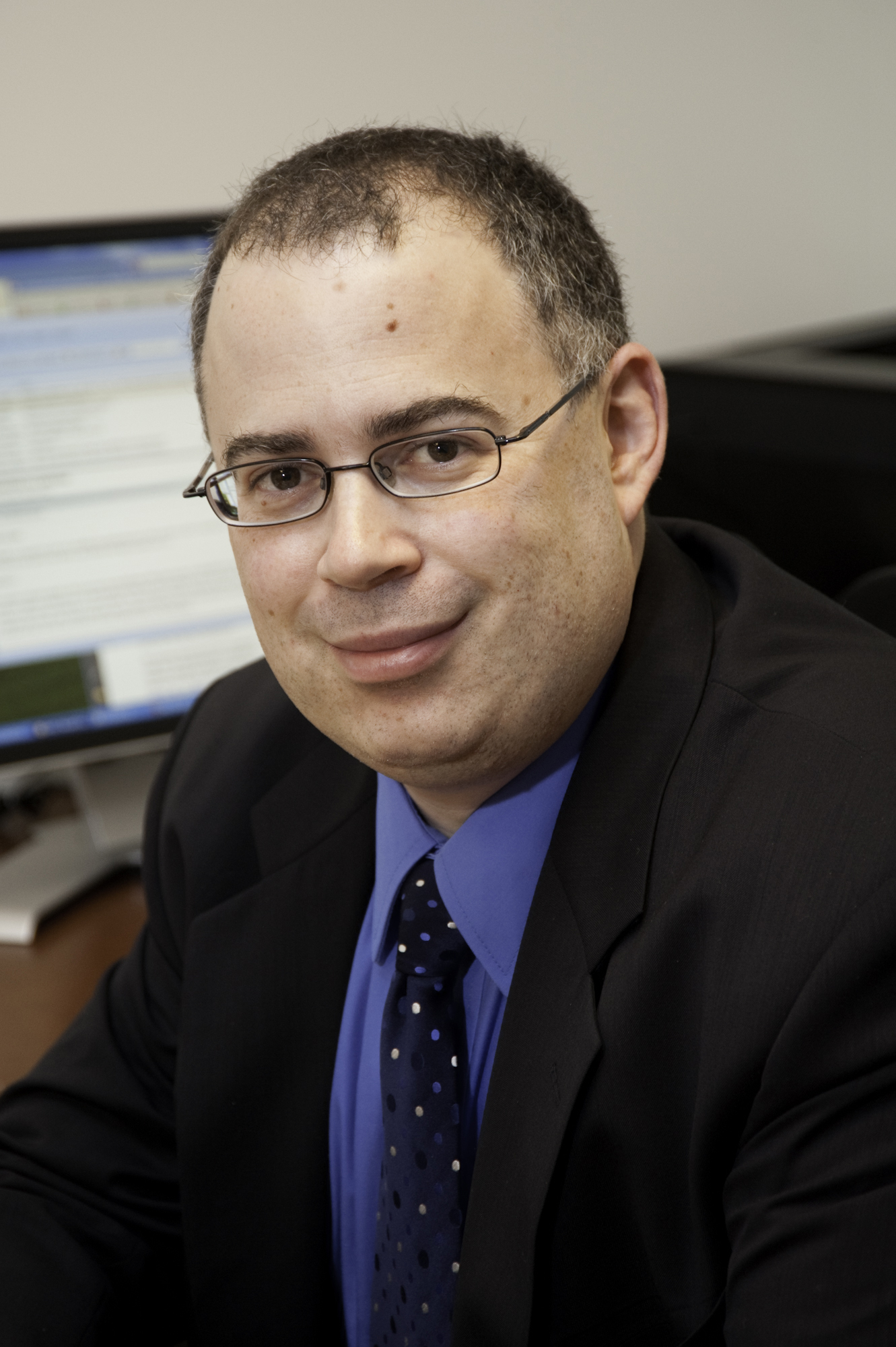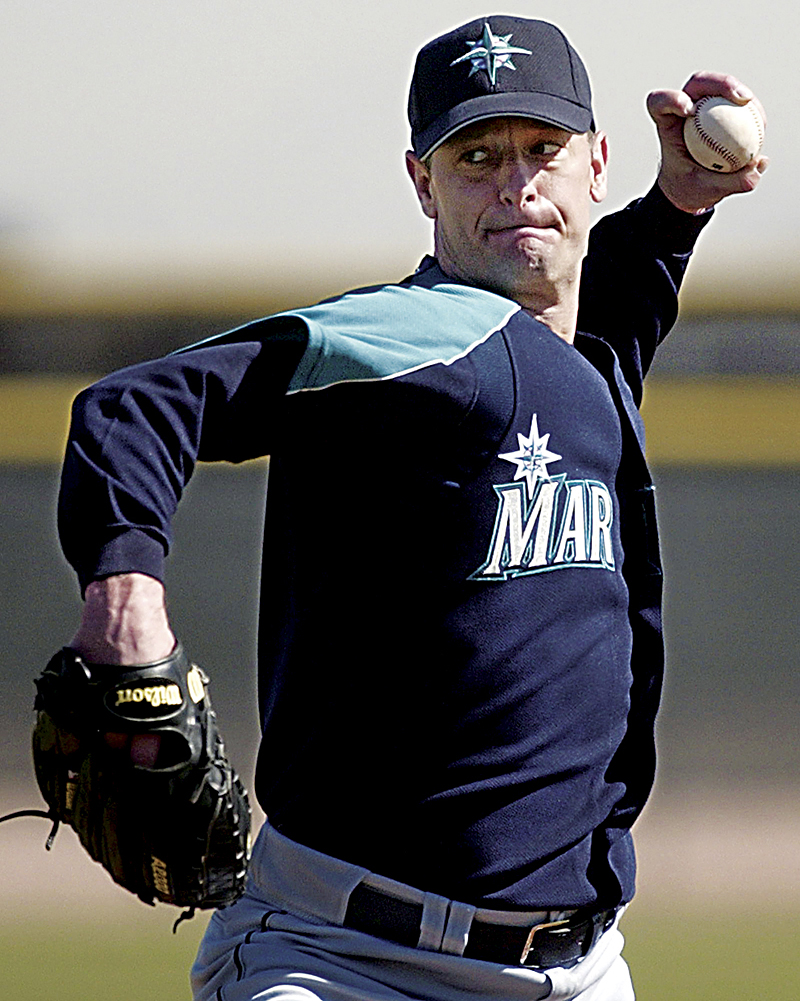Sorry to interrupt our normally scheduled programming, but I have to tell you a story. It’s about my dad, and how, for six months, he sold the best acid in the world.
Last week, a man by the name of Owsley Stanley drove his car into a tree near his home in Queensland, Australia. Stanley, who died as a result, was many things to many people during his 76 years on Earth—the grandson of a former U.S. Senator, a ballet dancer, a devoted carnivore (he once blamed a heart attack on some broccoli he’d eaten), and one of the first non-scientists to take seriously the threat of global warming.
But what Stanley was to most people was summed up best in the first sentence of his New York Times obituary: a “prodigiously gifted applied chemist to the stars, who made LSD in quantity for the Grateful Dead, the Beatles, Jimi Hendrix, Ken Kesey and other avatars of the psychedelic ’60s.”
Stanley was a modern-day alchemist. A self-taught genius who, with help from a girlfriend studying chemistry at UC Berkeley, developed a strain of LSD that was almost entirely pure. As a result, he (or more specifically, his product, which came to be known as “Owsley” and was distinguished by the lavender owl on each tablet) became famous.
Stanley’s first “freak-out” happened in a seaside lodge south of San Francisco during a Jerry Garcia solo. It was witnessed by none other than Tom Wolfe, who later recorded the event in his second book, the era-defining The Electric Kool-Aid Acid Test. Around this time (that would be 1965), my father was coming of age in Washington, D.C. After a brief stint as an anthropology major at George Washington University, he dropped out and joined a group of medics assisting Vietnam demonstrators, an organization that would become one of the precursors of Doctors Without Borders.
Burned out by the war protests and his next job as the co-director of a methadone clinic, my dad soon fled D.C. for the following places, in order: a cabin in the woods in Nova Scotia; Guatemala; Mexico; and San Francisco, where he and a girlfriend lived in a junkie’s house while she anguished over whether or not to reconnect with a child she’d given up for adoption.
It was in this counterculture haze, in a coffee shop in Haight-Ashbury, the epicenter of the movement, when my dad literally ran into the man who would become his connection. He can’t remember much about Stanley. Just that he was young, like him, and ran his operation out of a trailer in the country.
After driving back to D.C., my dad started getting boxes in the mail with a return address from a California gun dealer. Inside the boxes were softball-sized bundles of tablets, each emblazoned with the little owl. He bought 1,000 hits at a time. Each hit cost him 78 cents, which he then marked up and resold to American University and GW students for a dollar: a 22-cent profit that was his exclusive source of income. “This is really confessional, isn’t it?” Dad says.
Business was slow at first. In early-’70s D.C., acid was no longer the it drug. Students were more interested in Quaaludes, still legal at the time. But eventually my dad found enough clients to unload his entire package, notwithstanding the hits he kept for himself.
“Oh gosh, I must’ve tripped three times a week,” he says. “I believed in the product. It was a clean product. Within the limits of experimenting with a psychotropic drug, it was the safest experience that I’d ever had.”
My dad was certainly not Stanley’s only loyal customer. The chemist made millions of doses in his lifetime, and was name-checked in songs by the Dead, Hendrix, and Steely Dan, who wrote “Kid Charlemagne” (“While the music played/You worked by candlelight/Those San Francisco nights/You were the best in town”) in Stanley’s honor.
Yet despite my dad’s enjoyment of the hits, and the money they were making him, he stopped selling after only six months. One day he says he went to meet one of his connections and totally forgot the package, which he took as a sign. “I wasn’t stoned or anything,” he says. The next time he got burned, sending his $780 check but never receiving the hits in return. It was then that he decided he’d had enough of drug dealing.
When I heard about Stanley’s death, it triggered a memory of fishing with my dad years ago, the first time he told me this story. Asked why he’d let me repeat it again today, in a newspaper, for everyone to see, he gave me a simple reason: He’s just been called to jury duty. And as a talented, though frequently underemployed, artist and carpenter, he simply can’t afford to spend too much time not working.
“Last time I was called, I was foreman and it took two months,” he says. “Maybe if they read this, I’ll get out of it this time.”






